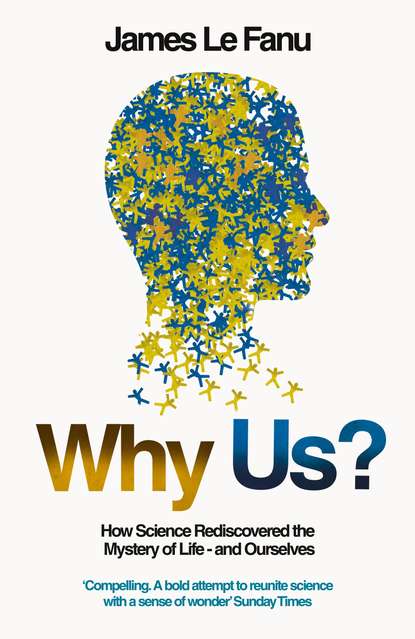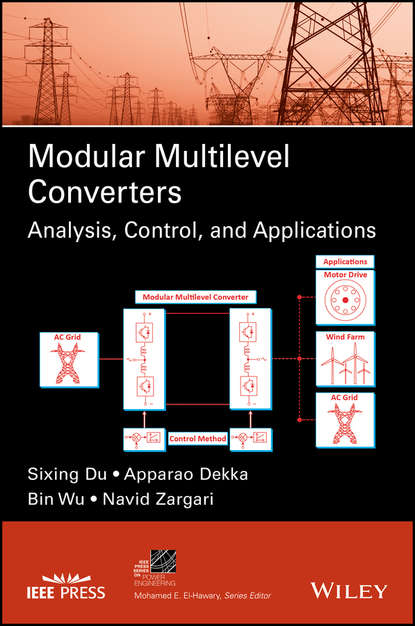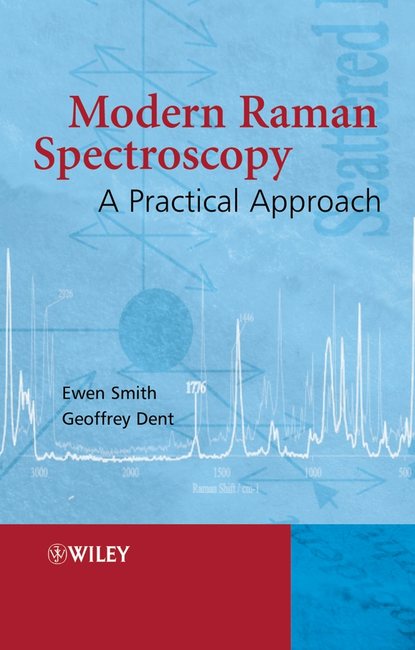Императив «познай самого себя» одновременно фундаментален и глубоко загадочен – ведь как мы можем по-настоящему постичь драму и сложность человеческого опыта? В книге «Почему мы?» Джеймс Ле Фаню предлагает захватывающее исследование силы и ограничений науки в проникновении в глубокие тайны нашего существования, бросая вызов убежденности, сохранявшейся со времен «Происхождения видов» Чарльза Дарвина, что мы – не более чем случайное следствие материалистического эволюционного процесса.
Этот вызов возникает неожиданно из двух крупных проектов, которые обещали дать окончательное доказательство этой влиятельной научной теории. Первым является поразительное достижение Проекта по расшифровке генома человека, от которого ожидали, что он определит генетическую основу тех характеристик, которые отличают людей от их приматных кузенов. Вторым стал феноменальный прогресс в визуализации мозга, который теперь позволяет нейробиологам наблюдать мозг «в действии» и таким образом объяснить замечательные свойства человеческого разума.
Однако это не так. Просто невозможно вывести из монотонной последовательности генов вдоль двойной спирали почти бесконечное разнообразие живого мира, а также перевести электрические импульсы мозга в творчество человеческого разума. Это не вопрос недостатка фактов. Скорее, наука нечаянно обнаружила, что ее теории недостаточны, чтобы вызвать чудо человеческого опыта из голых костей наших генов и мозга.
Мы стоим на пороге тектонического сдвига в нашем понимании самих себя, который станет свидетельством возрождения центральной предпосылки западной философии о том, что «есть нечто большее, чем мы можем знать». Ясная, убедительная и абсолютно захватывающая, книга «Почему мы?» предлагает убедительное и провокационное видение новой науки о том, что значит быть человеком.
Электронная Книга «Why Us?: How Science Rediscovered the Mystery of Ourselves» написана автором James Fanu Le в году.
Минимальный возраст читателя: 0
Язык: Английский
ISBN: 9780007380053
Описание книги от James Fanu Le
The imperative to 'know thyself' is both fundamental and profoundly elusive – for how can we ever truly comprehend the drama and complexity of the human experience?In ‘Why Us?’ James Le Fanu offers a fascinating exploration of the power and limits of science to penetrate the deep mysteries of our existence, challenging the certainty that has persisted since Charles Darwin's Origin of Species that we are no more than the fortuitous consequence of a materialist evolutionary process.That challenge arises, unexpectedly, from the two major projects that promised to provide definitive proof for this most influential of scientific theories. The first is the astonishing achievement of the Human Genome Project, which, it was anticipated, would identify the genetic basis of those characteristics that distinguish humans from their primate cousins. The second is the phenomenal advance in brain imaging that now permits neuroscientists to observe the brain 'in action' and thus account for the remarkable properties of the human mind.But that is not how it has turned out. It is simply not possible to get from the monotonous sequence of genes along the Double Helix to the near infinite diversity of the living world, nor to translate the electrical firing of the brain into the creativity of the human mind. This is not a matter of not knowing all the facts. Rather, science has inadvertently discovered that its theories are insufficient to conjure the wonder of the human experience from the bare bones of our genes and brains.We stand on the brink of a tectonic shift in our understanding of ourselves that will witness the rediscovery of the central premise of Western philosophy that there is 'more than we can know'. Lucid, compelling and utterly engaging, ‘Why Us?’ offers a convincing and provocative vision of the new science of being human.



















